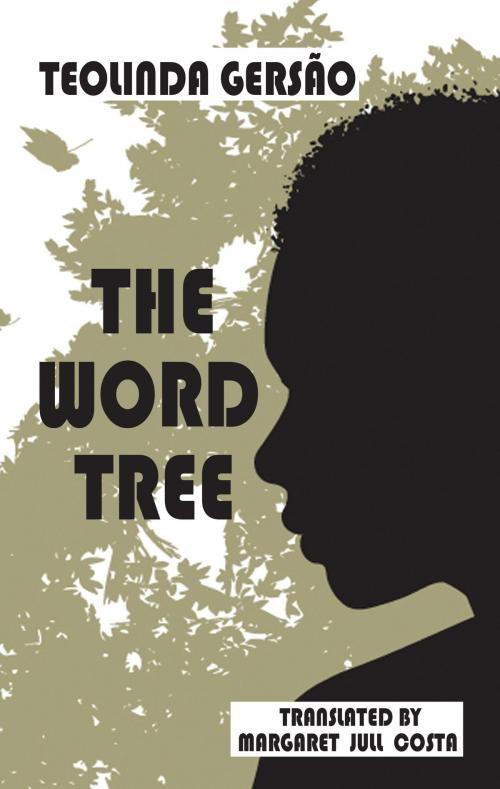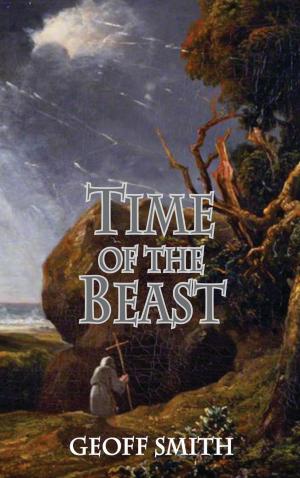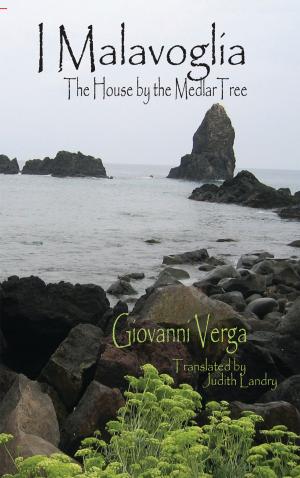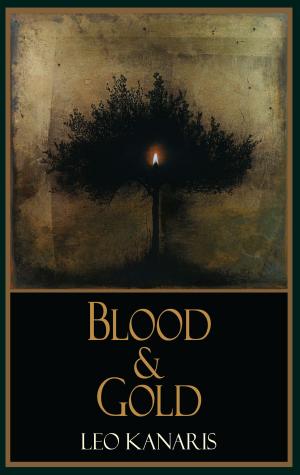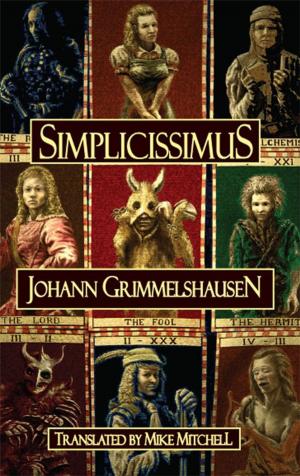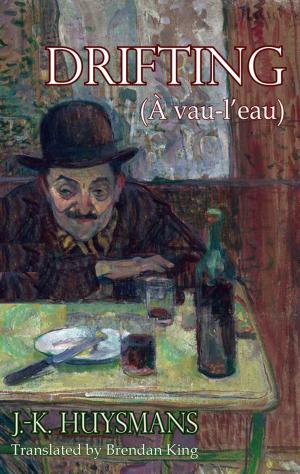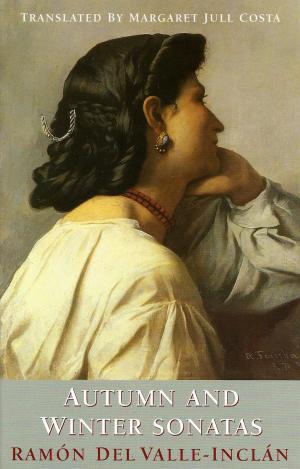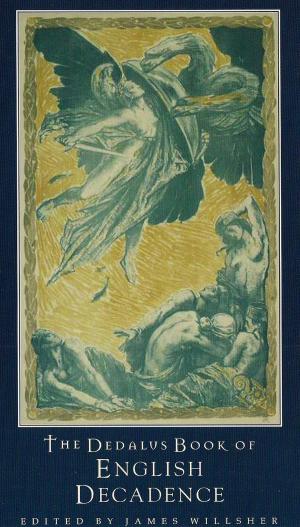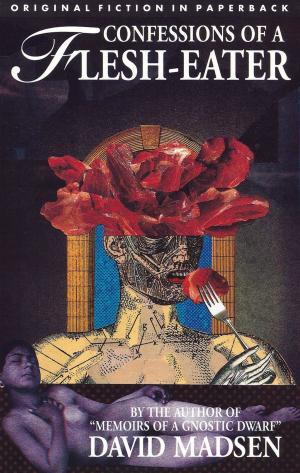| Author: | Teolinda Gersao | ISBN: | 9781909232570 |
| Publisher: | Dedalus Ebooks | Publication: | January 5, 2010 |
| Imprint: | Dedalus Ebooks | Language: | English |
| Author: | Teolinda Gersao |
| ISBN: | 9781909232570 |
| Publisher: | Dedalus Ebooks |
| Publication: | January 5, 2010 |
| Imprint: | Dedalus Ebooks |
| Language: | English |
'A masterly narrative,the supreme art of simplicity."'Linda Santos Costa in Publico ' In our literature, Africa has seemed a relatively vacant place. The Word Tree has appeared to fill this gap. It is a novel to remember.' Carlos Reis, Jornal de Letras 'Salazar's forty-year dictatorship in Portugal and that country's colonial wars in Africa cast their long shadow over Teolinda Gersao's The Word Tree. This is the first of Gersao's novels to be translated into English. As the Mozambican Laureano reflects,' the men crossing the sea from Lisbon didn't want that absurd war either'. Laureano's wife Amelia had come to the country from Portugal in search of a better life, but mentally never leaves her homeland, whereas her daughter Gita loves the country and grows up to resent the colonial presence. There are lush descriptions of the country, while the racial order is starkly spelt out: Amelia 'clings to the belief that fair-skinned people are the very top of the racial hierarchy, and that dark-skinned Portuguese people are almost at the bottom, just above the Indians and the blacks'. Adrian Tahourdin in The Times Literary Supplement Margaret Jull Costa's translation was awarded The Calouste Gulbenkian Portuguese Translation Prize for 2012
'A masterly narrative,the supreme art of simplicity."'Linda Santos Costa in Publico ' In our literature, Africa has seemed a relatively vacant place. The Word Tree has appeared to fill this gap. It is a novel to remember.' Carlos Reis, Jornal de Letras 'Salazar's forty-year dictatorship in Portugal and that country's colonial wars in Africa cast their long shadow over Teolinda Gersao's The Word Tree. This is the first of Gersao's novels to be translated into English. As the Mozambican Laureano reflects,' the men crossing the sea from Lisbon didn't want that absurd war either'. Laureano's wife Amelia had come to the country from Portugal in search of a better life, but mentally never leaves her homeland, whereas her daughter Gita loves the country and grows up to resent the colonial presence. There are lush descriptions of the country, while the racial order is starkly spelt out: Amelia 'clings to the belief that fair-skinned people are the very top of the racial hierarchy, and that dark-skinned Portuguese people are almost at the bottom, just above the Indians and the blacks'. Adrian Tahourdin in The Times Literary Supplement Margaret Jull Costa's translation was awarded The Calouste Gulbenkian Portuguese Translation Prize for 2012
